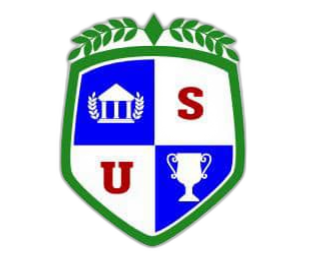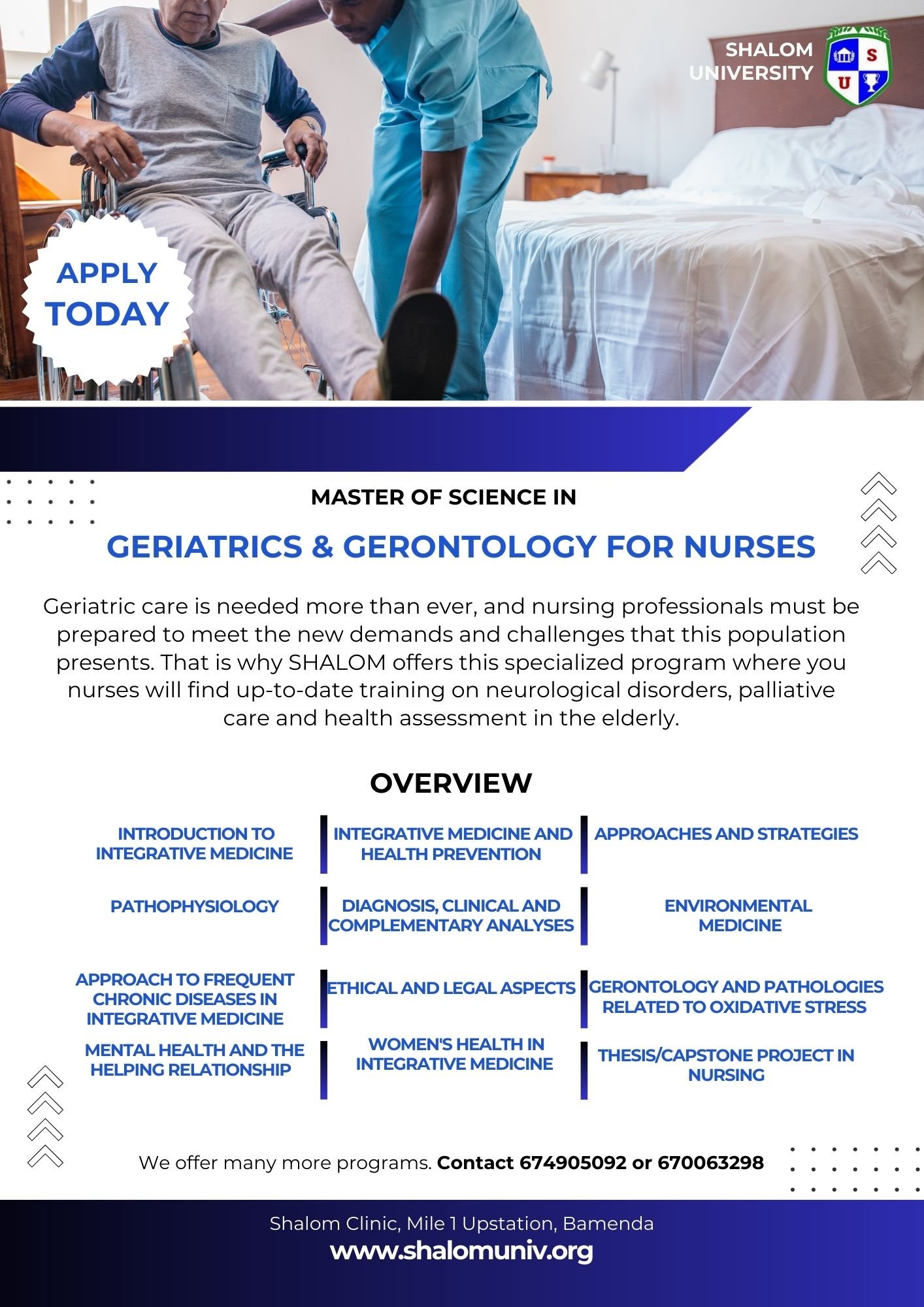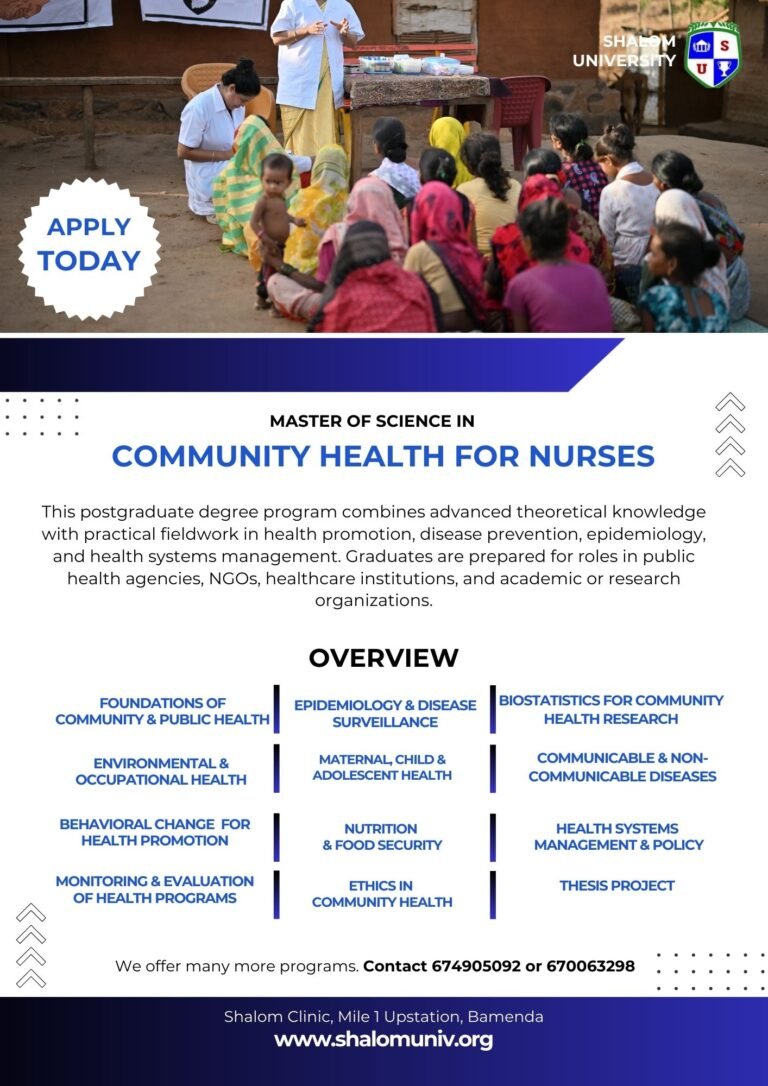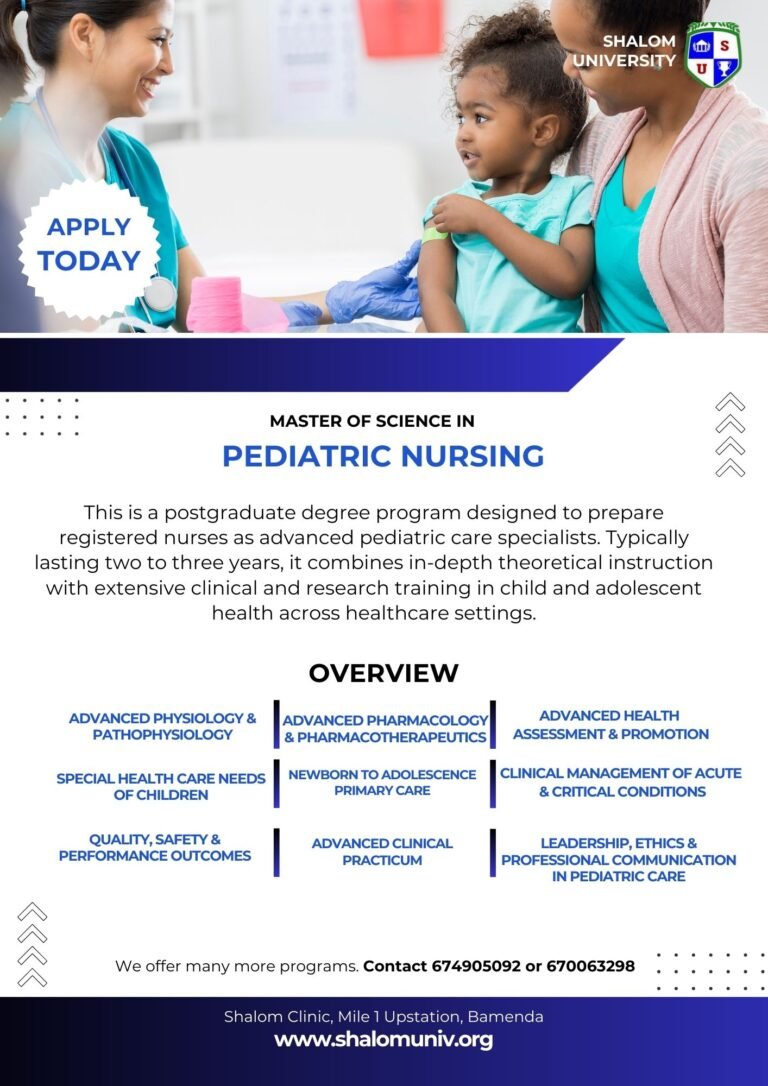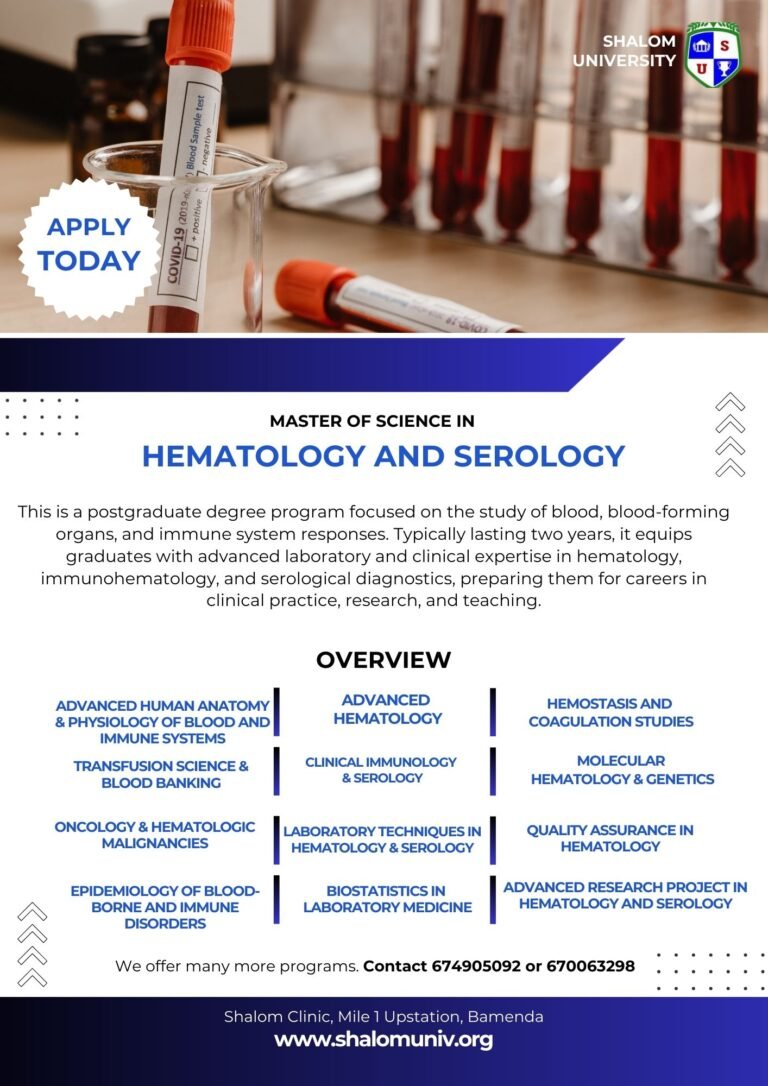The world’s population is aging at an unprecedented pace, and with it comes the growing demand for highly trained professionals in elder care, policy, and research. Shalom University’s Master of Science (MSc) in Geriatrics & Gerontology for Nurses is designed to prepare graduates with the expertise needed to address the health, social, and policy challenges of aging populations. This two-year postgraduate program blends classroom learning, practical training, and research opportunities, equipping students to make meaningful contributions in healthcare, community development, and academic fields.
Below are the key focus areas that make this program unique:
Fundamentals of Aging: Biological, Psychological & Social Perspectives
The program begins with a comprehensive understanding of the aging process. Students explore the biological changes in the body, the psychological adjustments associated with aging, and the social dynamics that affect older adults. This foundation allows future gerontology professionals to appreciate aging as a holistic process rather than just a medical condition.
Geriatric Medicine & Common Age-Related Disorders
From cardiovascular diseases to arthritis, Shalom University provides in-depth training in the medical aspects of aging. Students learn how to diagnose, treat, and manage common disorders among the elderly while emphasizing preventive care. This module ensures graduates can support both clinical teams and policy efforts aimed at reducing the burden of age-related diseases.
Advanced Geriatric Nursing & Caregiving Practices
Nursing plays a critical role in elder care. This section focuses on specialized nursing practices for older adults, highlighting compassionate caregiving techniques, patient safety, and advanced nursing interventions. Graduates will be well-equipped to manage both hospital-based and home-based elder care.
Nutrition & Healthy Aging
Good nutrition is key to longevity and quality of life. This course emphasizes dietary planning, nutritional assessment, and food security for elderly populations. Students gain skills to design effective nutrition programs that enhance health and independence among older adults.
Mental Health, Dementia & Alzheimer’s Disease
Mental health is an essential component of geriatric care. Shalom University’s MSc program addresses cognitive decline, dementia, and Alzheimer’s disease, providing evidence-based approaches to diagnosis, treatment, and caregiving. Students learn how to support mental health resilience in aging communities.
Pharmacology & Polypharmacy in Older Adults
Medication management is one of the most pressing challenges in geriatrics. This course equips students with expertise in geriatric pharmacology, addressing issues such as drug interactions, dosage adjustments, and the dangers of polypharmacy. Graduates will be capable of contributing to safer medication practices for older patients.
Rehabilitation & Physiotherapy in Geriatrics
To maintain independence and mobility, rehabilitation is crucial. Students are trained in physiotherapy techniques tailored to older adults, including exercise therapy, pain management, and mobility restoration. This knowledge ensures graduates can play a vital role in rehabilitation and preventive physiotherapy programs.
Health Promotion & Disease Prevention in Older Populations
Public health strategies are at the heart of community care. This module teaches students how to design, implement, and evaluate health promotion programs targeting older populations. The emphasis is on preventing chronic diseases, enhancing wellness, and empowering seniors to lead active lifestyles.
Long-Term Care, Palliative Care & End-of-Life Issues
This component highlights the importance of compassion and dignity in care. Students explore models of long-term care, palliative interventions, and ethical issues surrounding end-of-life decision-making. Training includes both medical and psychosocial approaches, preparing graduates for sensitive roles in hospice and geriatric facilities.
Policy, Ethics & Law in Gerontology
Beyond clinical knowledge, graduates must understand the policies and laws that govern elder care. This module explores healthcare policy, human rights of older adults, and ethical dilemmas in gerontology. Students are prepared to influence public health systems and contribute to policy development.
Research Methods & Biostatistics in Aging Studies
Evidence-based practice requires solid research skills. Students receive advanced training in quantitative and qualitative research methods, biostatistics, and data analysis. These skills are essential for producing research that can guide both clinical practice and health policy.
Thesis/Capstone Project in Geriatrics & Gerontology
The program culminates in a research thesis or capstone project. Students undertake independent research on a critical issue in geriatrics or gerontology, applying the knowledge gained throughout their coursework. This experience prepares graduates for careers in academia, policy, or advanced healthcare practice.
Why Choose Shalom University for Geriatrics & Gerontology?
Shalom University combines academic excellence, community-centered values, and international best practices. By enrolling in the MSc in Geriatrics & Gerontology, students not only acquire specialized knowledge but also join a community committed to addressing the health and social needs of the elderly.
To learn more about this program and admission requirements, visit our official programs page.
